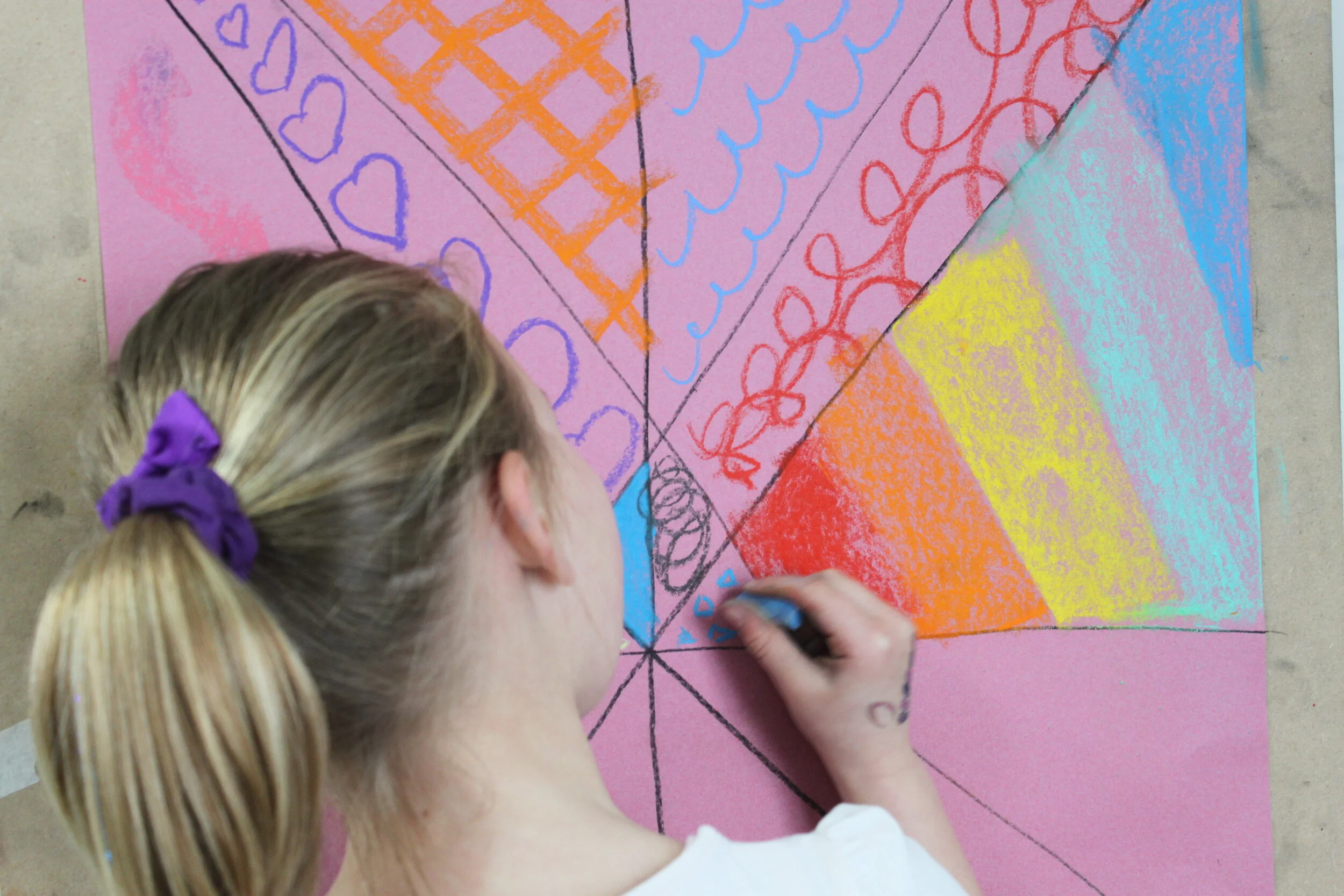Dealing with Commissions
Episode 27: In this episode, Peter and Laura discuss the ins and outs of taking on private commissions.
Commissions are a great way of guaranteeing work and income, but what procedures can you put in place to make sure it all works out smoothly?
Most artists will at some time be commissioned to do a piece of work; a particular view, a specific size, a portrait of a loved-one, or something to commemorate an event. The kind of artist or craftsperson that you are will determine both how likely this is to happen and also how you might need to approach this situation. Peter is a portrait painter, most of his work is commissioned and he has a very clear process of dealing with these transactions. Laura is a landscape printmaker working in editions and most of her work is sold off the wall, but she has done a few public art commissions . This episode of Ask an Artist explores the benefits and pitfalls you need to consider in tackling commissions.
*This episode was recorded before the restrictions imposed due to COVID-19*
In this episoode…
Taking on a private commission can be very beneficial in terms of cashflow and scheduling your time. Since it is most often arranged direct with the client it also means that the full payment comes to the artist.
Accepting a commission comes with a responsibility to your client and part of that responsibility is to ensure that both you and your client understand what is expected. The best way to achieve this is to have a document outlining the terms and conditions, the fees (including due dates: deposit, interim payments and balance etc.- where appropriate), and the schedule (when will the process start and when will the piece be finished). You should also be clear about delivery and framing, installation and so on. These are not necessarily the artist’s responsibility, but it is the responsibility of the artist to make sure that they are clearly understood.
The success of a private commission depends on the artist producing the work that the client envisions, so make sure that the client has briefed you well enough. Show them examples and listen to their feedback. If the client is asks for something that doesn’t suit your artistic practice, ability or experience, it is better to decline and even better to suggest another artist who will suit the client’s brief. The other artist will benefit and may well reciprocate in the future.
Being commissioned creates a relationship with the client which is great. The more you work at the relationship with your client, the better it is likely to be. It is essential to keep in touch and show them your progress - and to be prepared to make adjustments if they are asked for. Delivering finished work without these updates if far riskier.
If you are a craftsperson making a bespoke object for a client and the design is collaborative, rather that purely your own, then include the ownership of the design in your discussions so that you know whether you have the right to reproduce the design if you want to.
The Takeaway
When taking on a private commission be professional and keep all parties informed!






